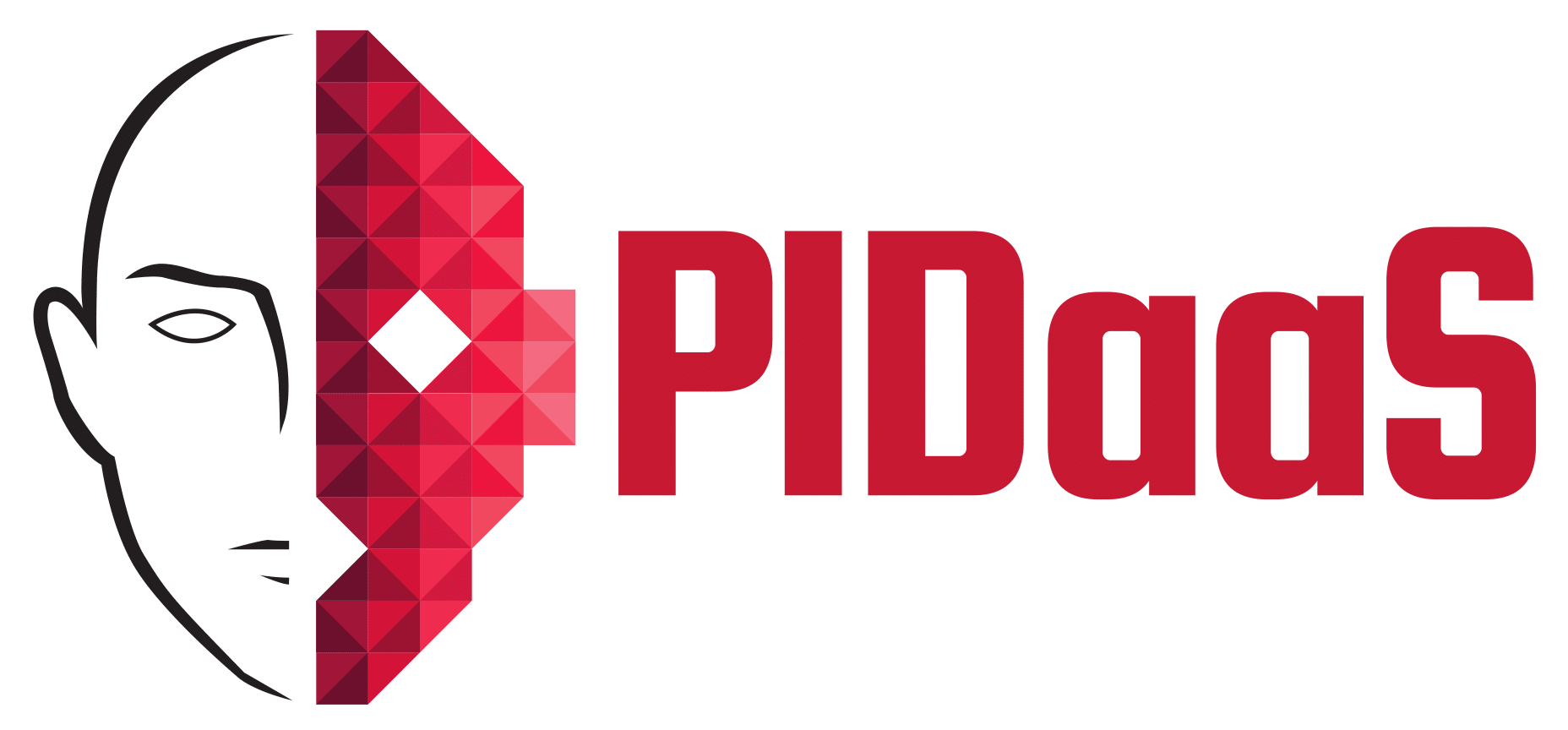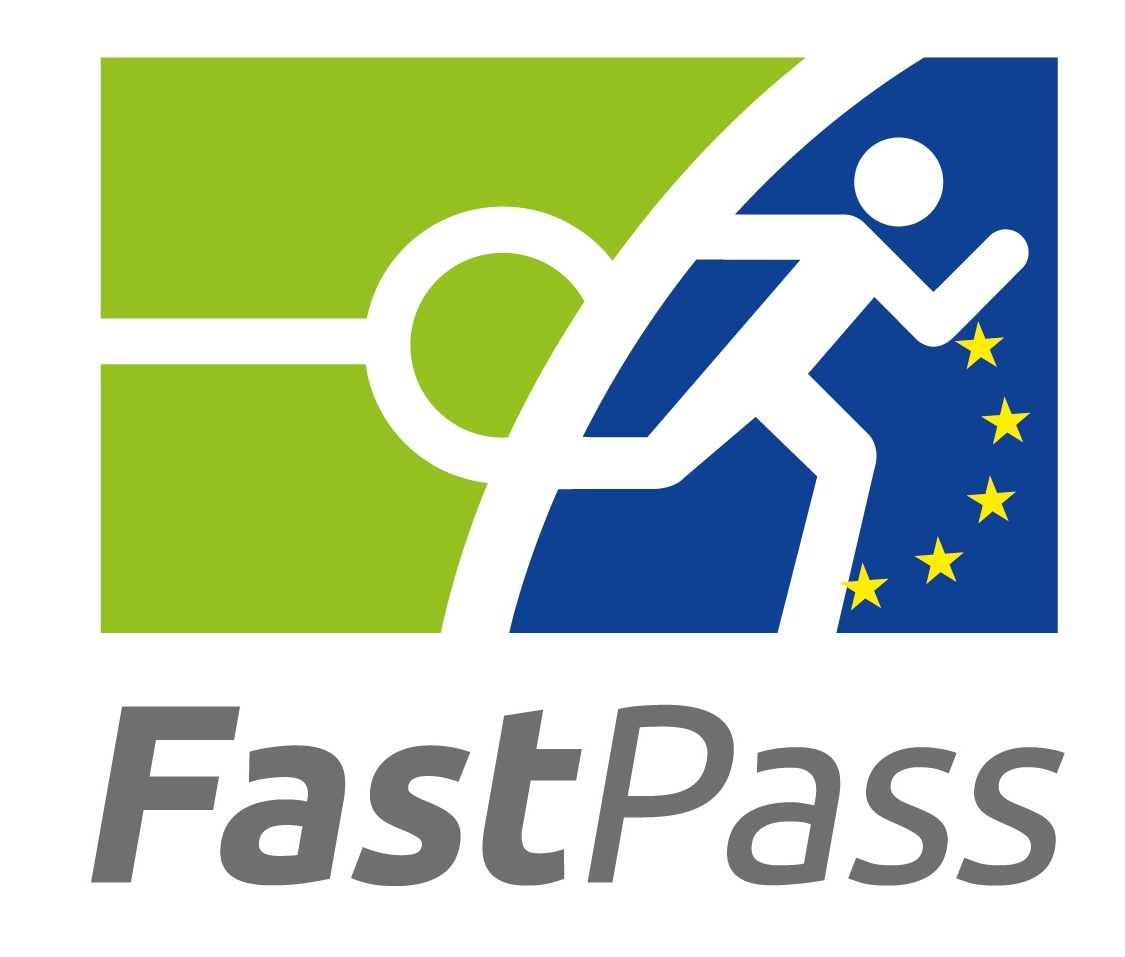FastPass is an integrated project funded by the European Commission under its Seventh Framework Programme (FP7). The project is designed to establish and demonstrate a harmonized, modular approach for Automated Border Control (ABC) gates. Border control is a key factor for guaranteeing mobility and security within the European Union; it has to comply with very different - when not opposite- kind of demands: privacy-compliant, quick, accessible and easy to use border crossing process for the travellers; secure, precise, highly reliable system able to detect several kind of threats by border crossing (piggybacking, counter-spoofing...) for the border guards. FastPass should provide an answer to these expectations and therefore develop an innovative solution centered on the end-users requirements, fully respecting the Data Protection concerns and innovating beyond state-of-the-art technologies for more efficiency. The final system will be then tested at the three type of borders: air (Vienna Airport, Austria), land (Moravita's border crossing point, Romania) and sea (Greece) to assess its transferability to the market. FastPass will produce a harmonised border crossing solution, a modular system for land, air and sea borders, a highly reliable and privacy compliant architecture, and an improved, innovative user interface. A solution answering your needs... More information: https://www.fastpass-project.eu
This national austrian funded project focuses on improving mobile document authentication and identity verification to create the person checking procedure of the future. This shall be achieved by utilizing smartphones and their onboard sensors.In this project, the use of such systems and sensors is investigated and demonstrated in terms of a proof-of -concept. Different concepts and architectures are compared and the integration into the control workflow will be demonstrated. Additionally, tools for acquisition of biometric features in mobile application will be developed. The research will be conducted with the permanent interaction with social, ethical and legal researchers to guarantee that the results achieved will be accepted by the user groups and the citizens. Data protection and data security will be considered from the very beginning of the design. More information: www.kiras.at/projects/detail/?tx_ttnews[tt_news]=349&cHash=d7686250a3fb9...
PI DaaS (Private Identity as a Service) is a project co-funded under the ICT Policy Support Programme of the European Union as part of the Competitiveness and Innovation Framework Programme (CIP) Call ICT PSP 7th call for proposals 2013.The project aims to create a secure authentication system, based on biometric recognition technologies (digital fingerprint scanner, voice and face recognition) through mobile devices. PIDaaS aims at exploiting traditional biometric technologies and platforms for identity management to create an innovative service: biometric data, as main factor to guarantee identity, will be paired with other metadata (relating to hardware, software and network) to better ensure the certainty of each authentication request. Moreover, PIDaaS also adds biometric template protection schemes (BTPS) to avoid the risks connected to other classical solution and to ensure irreversibility, revocability, as well as non connectability and renewability. More information: http://www.pidaas.eu
DaaS (Private Identity as a Service) is a project co-funded under the ICT Policy Support Programme of the European Union as part of the Competitiveness and Innovation Framework Programme (CIP) Call ICT PSP 7th call for proposals 2013.The project aims to create a secure authentication system, based on biometric recognition technologies (digital fingerprint scanner, voice and face recognition) through mobile devices. PIDaaS aims at exploiting traditional biometric technologies and platforms for identity management to create an innovative service: biometric data, as main factor to guarantee identity, will be paired with other metadata (relating to hardware, software and network) to better ensure the certainty of each authentication request. Moreover, PIDaaS also adds biometric template protection schemes (BTPS) to avoid the risks connected to other classical solution and to ensure irreversibility, revocability, as well as non connectability and renewability. More information: http://www.pidaas.eu

